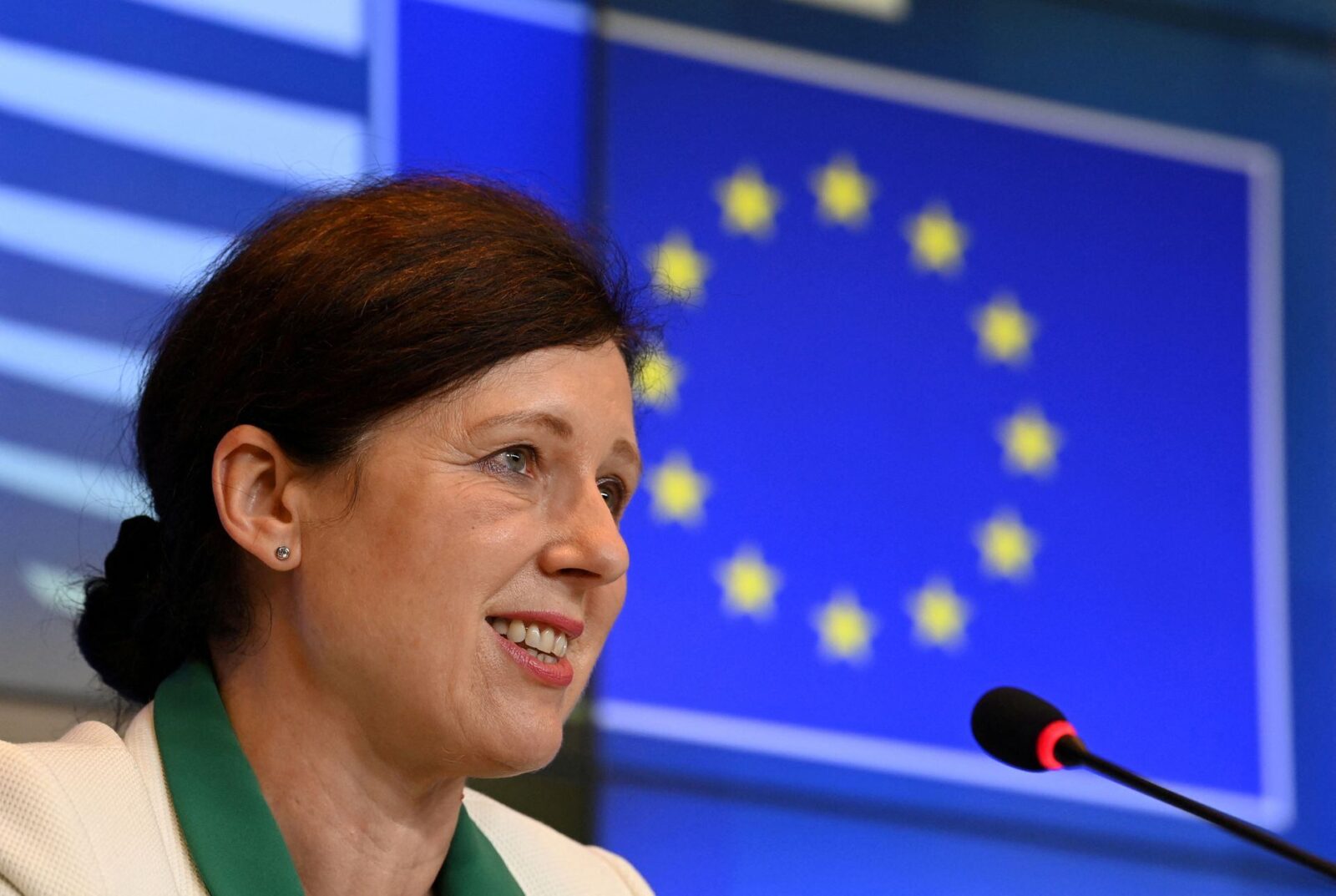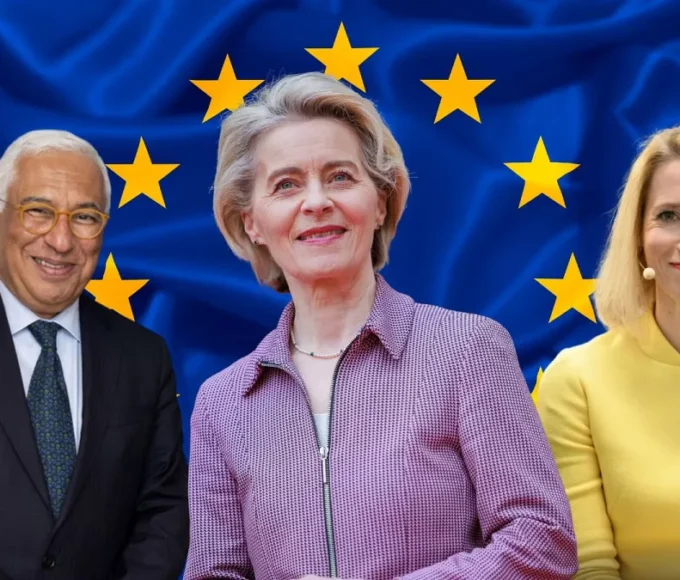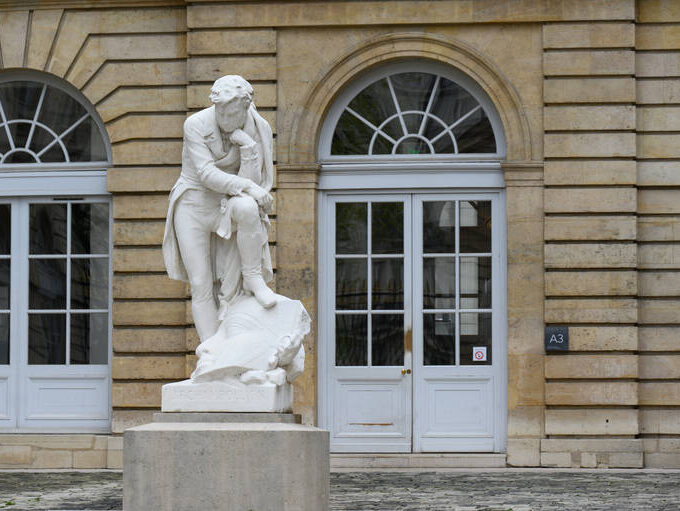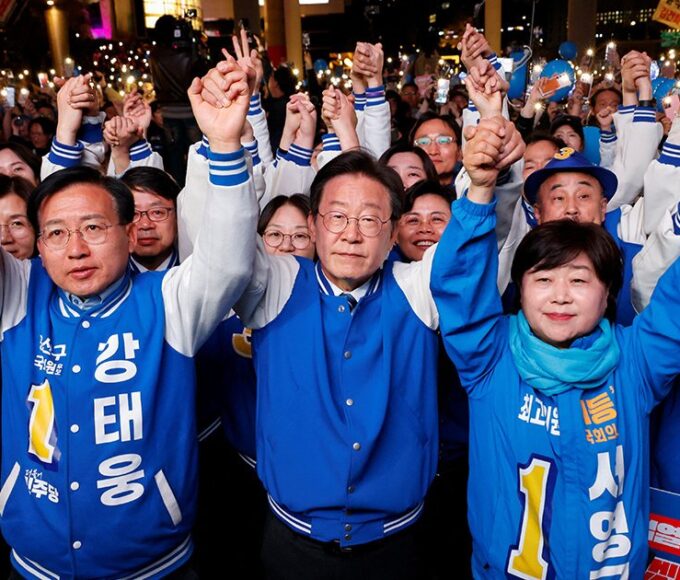The year 2024, which will see almost half of the planet affected by elections, is a “crucial year” in the fight against disinformation, said Tuesday the head of European diplomacy Josep Borrell.
Disinformation is one of the most significant threats that democracies must face, Mr. Borrell told the press, presenting the second report on this subject established by his services.
Russia has for years been developing a vast infrastructure designed to lie, manipulate and destabilize on an industrial scale, Mr. Borrell warned.
This is a threat to the security of democracies, which requires a fight against an industry that manufactures lies, he warned.
Some 945 million Indians are called to the polls in May for general elections in this country which last year became the most populous in the world, ahead of China.
Elsewhere on info Donald Trump wins the New Hampshire Republican primary
Elsewhere on info Rona cuts 300 positions in Canada, including 180 in Quebec
Elsewhere on info The boss of Cogeco calls for a review of the taxation of Canadian media
More than 400 million voters from 27 European countries are called upon to nominate, at the beginning of June, 720 MEPs, during a giant transnational vote.
Disinformation is certainly not new, but its means and capabilities have been increased tenfold by social networks and the emergence of artificial intelligence (AI), even if the use of the latter is still limited, according to this report.
The document, however, notes a few examples, including that of a video created from scratch by AI showing Moldovan President Maia Sandu as if she were speaking from an official channel of her government, or that of a retouched video calling the Ukrainians to a coup d’état.
This second report, established by the European External Action Service (EEAS), studied a total of 750 cases of disinformation around the world between November 2022 and December 2023.
Months before elections in Poland last year, Belarusian official media, for example, launched several news channels on social media targeting Polish voters, with fake videos attacking candidates.
Russia, but also China, are the main responsible for this factory of lies, according to Mr. Borrell, with Ukraine becoming the main target at a time when Moscow is seeking to justify the invasion of this country by its army, since the launch of its special operation on February 24, 2022.
Politicians or public figures are targeted, but also celebrities such as stars Margot Robbie or Nicolas Cage, whose images have been used to reach the widest possible audience.
Fight the phenomenon
Faced with this type of attack, the report recommends a set of measures to better combat the phenomenon.
Protecting yourself from disinformation before an election must be prepared months in advance, and it is important to extend and adapt these measures after the election, he recommends.
Four types of responses are possible: ignore, contain, minimize and redirect.
During the electoral campaign, actors engaged in the fight against disinformation must be able to differentiate precisely between ignoring threats or responding to them.
Indeed, sometimes, taking measures can result in giving importance to the false news that we seek to combat, say the authors of this report.
If action is needed to contain this threat, the report suggests informing platforms spreading fake news as soon as possible, for example by asking them to ensure closer monitoring of any content relating to the election in question.
Sanctions must also be possible in the event of laxity on the part of certain social networks or platforms, the report further indicates.
Dangerous content spreads like a cancer that endangers the health of our democracy, said Mr. Borrell. But we have the tools to effectively fight this disease. We have the capacity, but we need to do more.
This article is originally published on ici.radio-canada.ca








